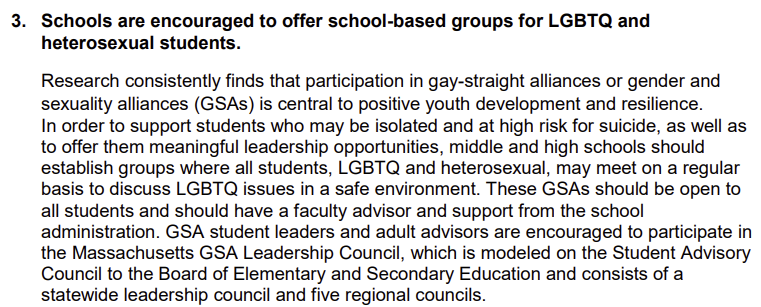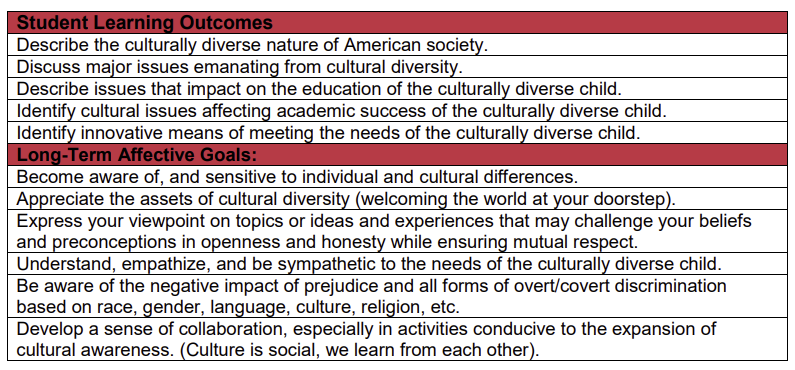Arizona State University (CorruptED)
Incidents
Arizona State University’s Mary Lou Fulton Teachers College courses feature topics such as critical pedagogy and tenets of queer theory. Texts include Paulo Freire’s Pedagogy of the Oppressed.
COURSES
TEL 111: Exploration of Education
The course TEL 111: Exploration of Education features topics such as critical pedagogy and reading Henry Giroux’s Rethinking Education as the Practice of Freedom: Paulo Freire and the Promise of Critical Pedagogy.
The description states that students will “explore their own identity as it relates to the field of education,” and a course objective is the exploration of “ways to be inclusive, equitable, and culturally proficient educators.“
The readings examine gender and sexuality issues in education, such as Emma Green’s America’s Profound Gender Anxiety, an article on Horry County Schools’ transgender bathroom use appeal, and Massachusetts Department of Elementary and Secondary Education’s “Principles for Ensuring Safe and Supportive Learning Environments for Lesbian, Gay, Bisexual, Transgender, Queer, and Questioning (LGBTQ) Students.” These principles include encouraging schools to “have a diverse workforce,” “provide information about LGBQT issues in school libraries,” and “offer school-based groups for LGBTQ and heterosexual students.”

Other literature discusses “Critical Pedagogy” (critical race theory) and “Culturally Responsive Curriculum.” Henry Giroux’s Rethinking Education as the Practice of Freedom: Paulo Freire and the Promise of Critical Pedagogy is a required reading for the course.
TEL 212: Understanding the Culturally Diverse Learner
The course TEL 212: Understanding the Culturally Diverse Learner features the tenets of queer theory.
The overview states that it will explore “diversity through eight micro-cultures including: class, ethnicity and race, gender, exceptionality, religion, language, geography, and age—and the impact of these cultures on learning in K-12 classrooms.” This class seeks to enable students to “reflect on our feelings about working with diverse children.”

Cultural Diversity in Music Teaching and Learning
The course Cultural Diversity in Music Teaching and Learning features topics such as anti-racism, critical pedagogy, “decolonizing music education,” and tenets of whiteness. Course texts include Paulo Freire’s Pedagogy of the Oppressed.
The description states that the course will “introduce students to issues related to identity, power, oppression, privilege, and culture in music education.”

ETHNIC STUDIES
ETH 100: Ethnic & Indigenous Lives
The course ETH 100: Ethnic & Indigenous Lives includes content such as tenets of critical race theory, racism, and power.
The course description states that it “undertakes an introductory comparative analysis of ethnic groups to understand cultural diversity within the United States” and will provide students with “perspectives on the study of race and ethnicity and are designed to introduce you to an array of issues and critical concepts, including colonization, racism, immigration, assimilation, discrimination, and the politics of identity.”

AFR 212/ APA 210/ JUS 210/ TCL 210: Introduction to Ethnic Studies in the United States
The course AFR 212/ APA 210/ JUS 210/ TCL 210: Introduction to Ethnic Studies in the United States will explore “beyond ideas of diversity to consider the ways race and ethnicity have shaped power relations in US into the present day”. We ” and “will examine how racial and ethnic groups have worked to restructure (or conversely, to reinforce) these societal relations over time.”
Stay Informed
